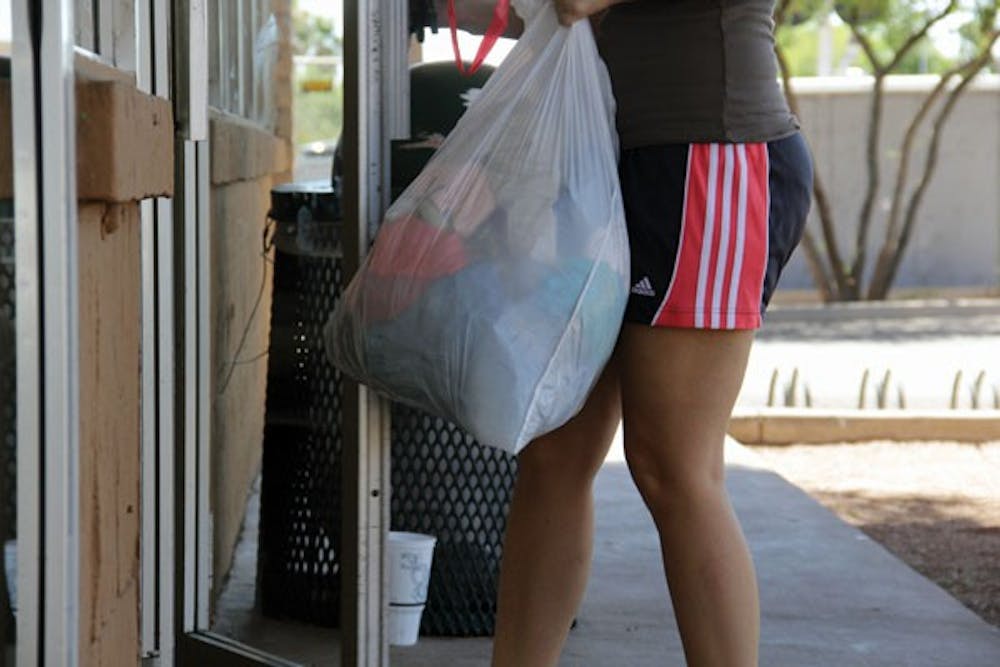Urban Outfitters, Anthropologie, American Apparel — these are all clothing companies whose controversial CEOs may be turning off their key demographic: college students.
While all three stores remain popular, Urban Outfitters and Anthropologie CEO Richard Hayne and American Apparel CEO Dov Charney have received mixed reactions from their customer base regarding anything from their political beliefs to sexual harassment allegations.
Hayne was most recently involved in a Facebook rumor in April that alleged he was against gay marriage and abortion and that he donated more than $13,000 to former presidential candidate Rick Santorum, which some college consumers say goes against their moral code.
Charney has faced allegations of employee sexual harassment and hiring illegal immigrants. American Apparel has also been criticized in the past for having racy advertisements as well requiring job seekers to submit a full-body photo.
Conservation biology junior Rob Karn said when he buys clothing, he usually purchases it from Goodwill rather than a name brand store.
"Being consumer conscious, for me, is avoiding main brands," Karn said. "Basically, what's become of big business is you make enough profit where you don't need to keep your word. You can say you're this great company, but as long as you're making profit you don't really care if you actually meet that mold."
He said a company's sustainability and politics are two factors he consideres when purchasing anything.
"In this day and age, most consumers aren't conscious and just buy whatever they're told to buy and don't really think about where it comes from," Karn said.
He said it's important to shop at companies that are ethical and treat their employees well.
"If (the company) treats their people well and (their product) comes from a sustainable resource, then I will pay extra money for it," Karn said. "If it doesn't, I'm not going to pay anything."
Sustainability junior Molly Bajgot said she also purchases from secondhand stores.
"Whether or not (the secondhand product) was ethically produced in the first place, at least it is being reused in another way," Bajgot said. "The damage has already been done, in a sense. All I can do is intercept it."
She said when buying products firsthand it's important to "read between the lines" and do research on the company's practices and the individuals leading the company.
Bajgot said the U.S. has become very advertising and marketing driven, creating an ethical dilemma in how products are represented to consumers.
"(Advertising) makes us as consumers feel better," Bajgot said. "If you were maybe to dig a little deeper, it's not so great."
Phoenix resident Lauren Perry, a Tempe Buffalo Exchange customer, said consumers wearing clothing from name brands should be conscious of what the brand represents ethically.
"What you have on is just like who you hang out with," Perry said. "You are the company."
ASU alumna Nicola Vendettoli, also a Tempe Buffalo Exchange customer, said she shops at thrift stores because of their community benefits.
"Stores like Goodwill, Salvation Army and Buffalo Exchange all give back to the community," Vendettoli said.
Reach the reporter at dgrobmei@asu.edu
Follow us on Twitter or like us on Facebook. Click here to subscribe to the daily State Press email newsletter.





